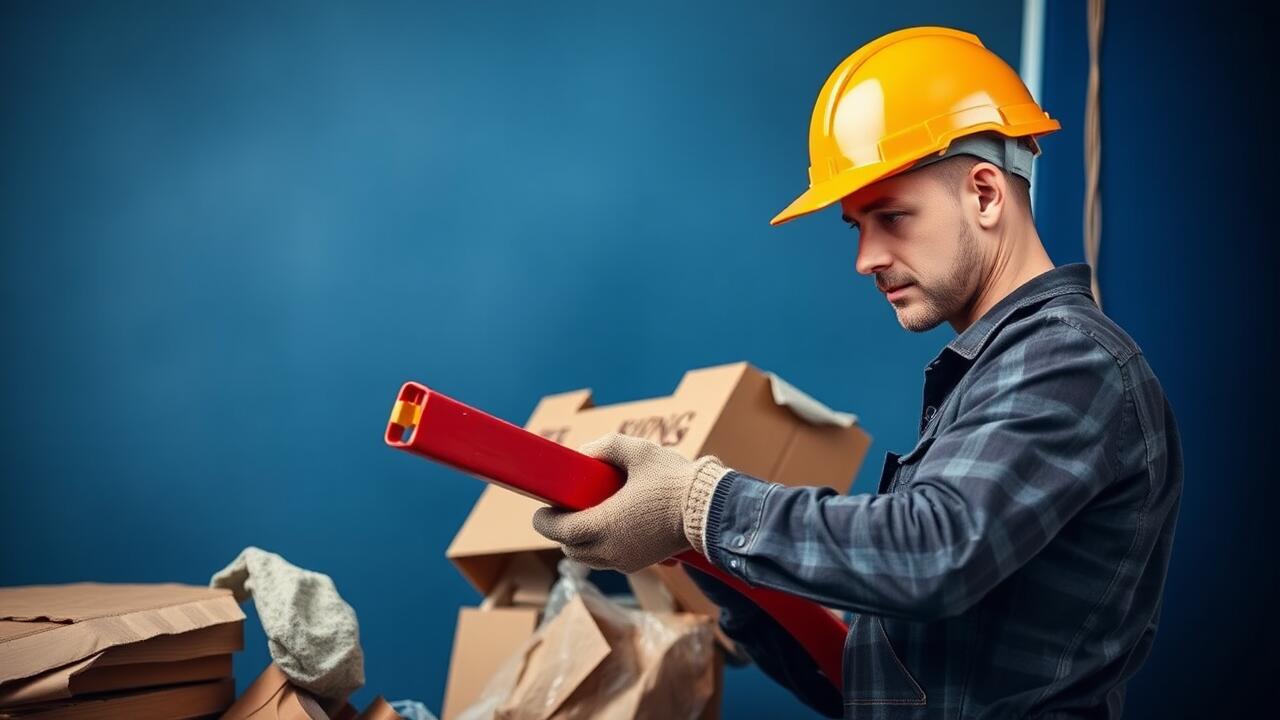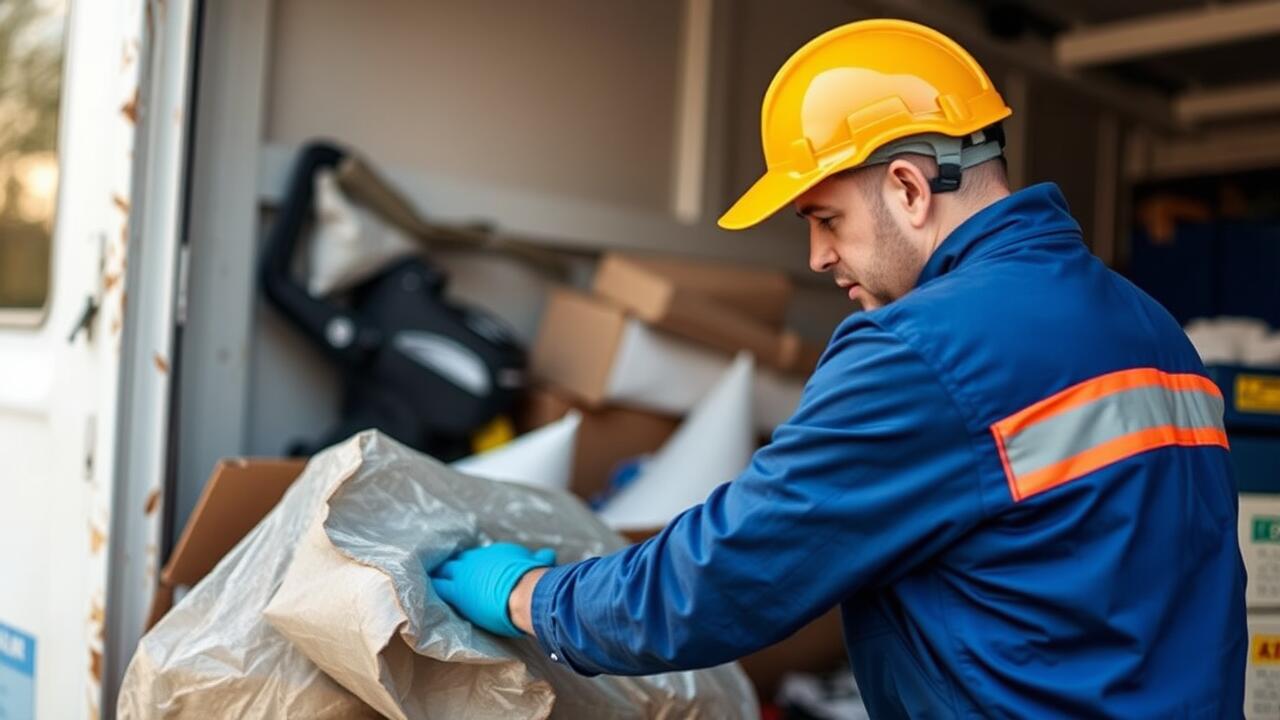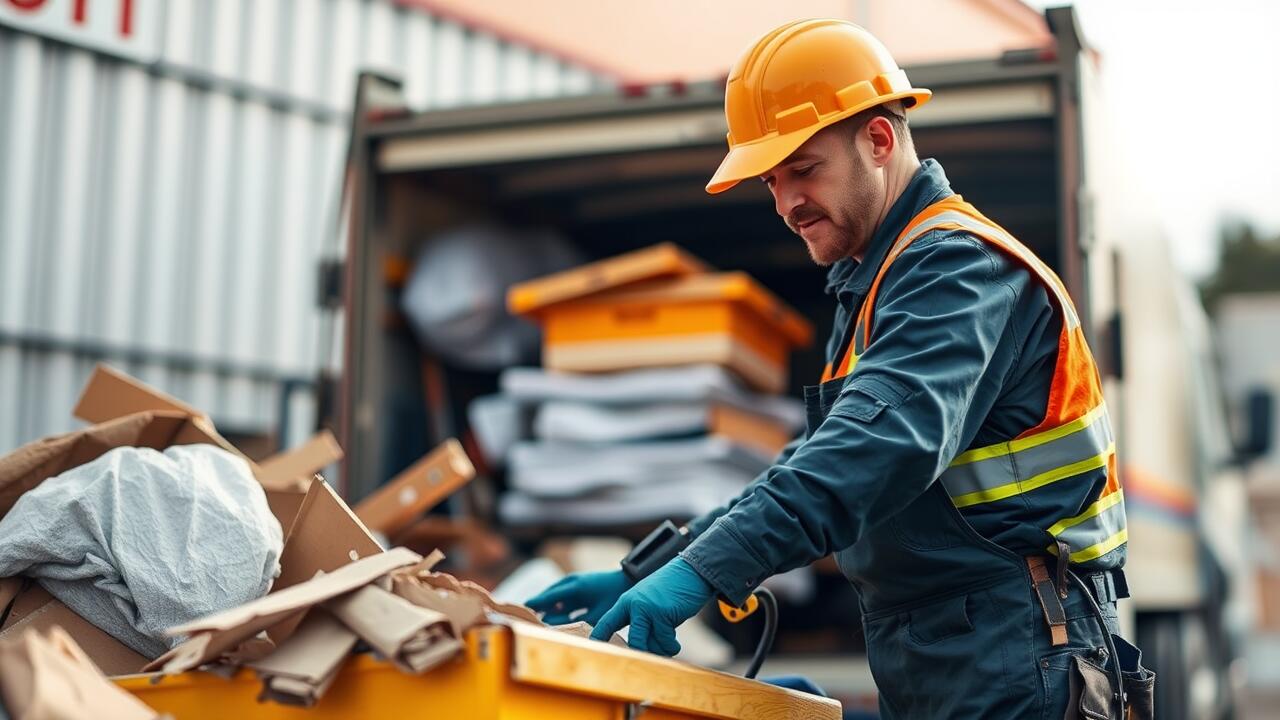
Local vs. National E-Waste Recycling Programs
Local e-waste recycling programs often cater to specific community needs. These initiatives provide tailored services that consider the unique challenges faced by residents and businesses in a particular area. Community engagement is a key factor in the success of these programs. When people feel connected to their local recycling efforts, they are more likely to participate and bring in their electronic waste.
On the other hand, national e-waste recycling programs offer broader resources and infrastructure. These programs can reach a larger audience but may lack the personal touch found in local initiatives. For instance, businesses such as Junk Removal in Encanto, Phoenix, facilitate e-waste disposal while also promoting responsible recycling habits. By balancing local and national efforts, communities can enhance their overall recycling capabilities and address the growing problem of electronic waste effectively.
Benefits of Local Recycling Initiatives
Local recycling initiatives offer numerous advantages that extend beyond environmental benefits. By engaging communities in e-waste recycling efforts, these programs foster a sense of responsibility among residents. They create accessible opportunities for individuals to dispose of unused electronics safely while increasing awareness about the hazards of improper disposal. Community-based programs also emphasize the importance of keeping harmful materials out of landfills, which can positively impact local ecosystems.
Additionally, local recycling initiatives can stimulate the local economy. When residents participate in these programs, they often rely on local services for junk removal in Encanto, Phoenix. This, in turn, supports small businesses and creates job opportunities within the community. As more people engage in responsible electronic waste disposal, local economies can experience growth while enhancing sustainability efforts.
Compliance and Regulations in E-Waste Recycling
Compliance and regulations surrounding electronic waste recycling are crucial for ensuring safe and responsible disposal practices. Various federal, state, and local laws govern the handling of e-waste. These regulations often specify how electronic devices should be dismantled and processed to prevent hazardous materials from polluting the environment. Facilities engaged in recycling must adhere to strict standards to safeguard both public health and ecological integrity.
In the Phoenix area, services such as Junk Removal in Paradise Valley Miranda play a significant role in managing e-waste compliance. These services not only help individuals and businesses dispose of their unwanted electronics but also ensure that the recycling process meets all legal requirements. By prioritizing compliance, local recycling initiatives contribute to a sustainable future while supporting efforts to reduce the burden on landfills.
Understanding E-Waste Regulations and Standards
E-waste regulations are designed to address the environmental and health risks associated with the disposal of electronic devices. These rules often mandate how electronics are collected, transported, and recycled. Compliance varies by state and locality, with some areas enforcing stringent guidelines to ensure safe handling of hazardous materials found in devices. Organizations must stay informed about these regulations to avoid fines and legal repercussions, particularly when managing collections through services like Junk Removal in Paradise Valley Miranda, Phoenix.
Standards set by environmental agencies and industry groups play a crucial role in e-waste recycling efforts. These standards help maintain quality and safety throughout the recycling process, from the initial collection to the final material recovery. Adhering to recognized guidelines fosters consumer confidence and promotes responsible recycling practices. Local initiatives that integrate these standards into their operations can ensure a more effective approach to e-waste management, enhancing both environmental protection and public health.
The Economic Impact of E-Waste Recycling
E-waste recycling plays a significant role in bolstering the economy by creating job opportunities in various sectors. From collection and processing to refurbishment and resale, many positions emerge within local communities. As demand for sustainable practices grows, businesses that specialize in e-waste management expand, contributing to economic vitality. This not only aids in battling unemployment but also ensures that valuable materials are recovered and reused.
Local initiatives such as "Junk Removal in Encanto, Phoenix" serve as a prime example of how communities can harness the economic benefits of e-waste recycling. By providing accessible services, these local programs encourage residents to properly dispose of their electronic waste. This enhances recycling rates while promoting environmental responsibility. Additionally, the revenue generated from recycled materials can be reinvested into community projects, further amplifying the positive economic impact.
Job Creation and Economic Growth from Recycling
The recycling of electronic waste contributes significantly to job creation and economic growth within communities. Companies specializing in e-waste recycling generate numerous positions across various skill levels, from technicians who repair and refurbish devices to warehouse staff managing collection and logistics. Local initiatives can also lead to the establishment of small businesses that focus on recycling and resale, reinforcing regional economies.
In areas like Encanto, Phoenix, services such as junk removal in Encanto, Phoenix, further enhance the economic benefits related to e-waste disposal. By partnering with recycling programs, these services not only provide a convenient solution for residents but also facilitate the proper processing of discarded electronics. The combination of increased employment opportunities and the promotion of sustainable practices drives economic vitality in the region.
FAQS
What is electronic waste (e-waste)?
Electronic waste, or e-waste, refers to discarded electrical or electronic devices, including computers, smartphones, televisions, and other consumer electronics that are no longer in use or have reached the end of their life cycle.
Why is e-waste recycling important?
E-waste recycling is important because it helps reduce landfill waste, conserves natural resources, prevents environmental pollution, and recovers valuable materials that can be reused in manufacturing new products.
What are the differences between local and national e-waste recycling programs?
Local e-waste recycling programs typically focus on community needs and provide accessible collection points and events, while national programs may have a broader reach but can vary in availability and resources depending on the region.
Are there regulations governing e-waste recycling?
Yes, there are various regulations and standards in place to ensure safe e-waste recycling processes. These regulations vary by state and country and aim to protect public health and the environment from hazardous materials found in electronic devices.
How does e-waste recycling create jobs?
E-waste recycling creates jobs through the establishment of recycling facilities, logistics and transportation for e-waste collection, and the need for skilled workers to dismantle and process electronic devices safely and efficiently.




